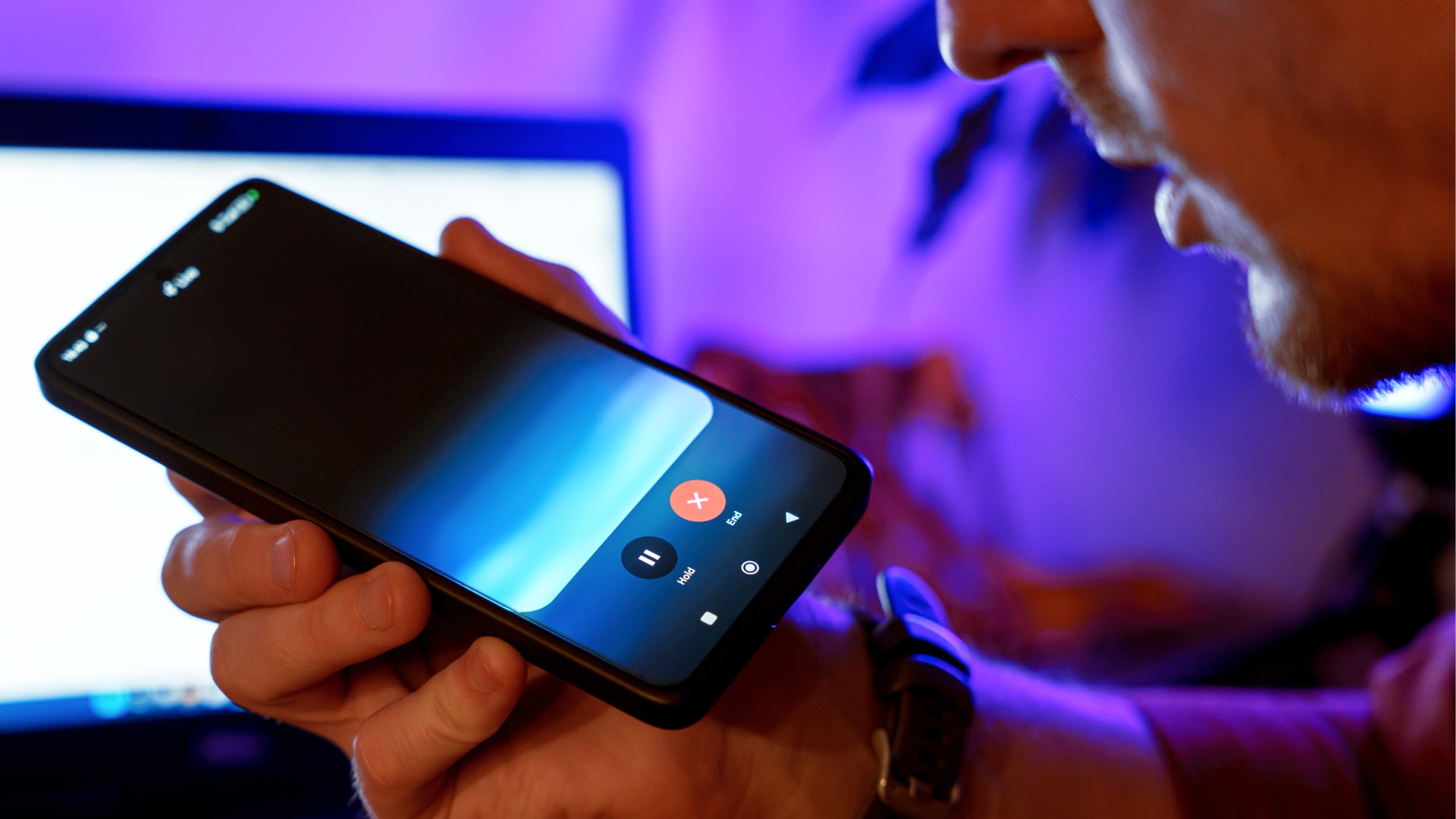Sleep expert shares her simple but effective three-step bedtime routine
Olivia Arezello swears by these three simple steps for deeper sleep
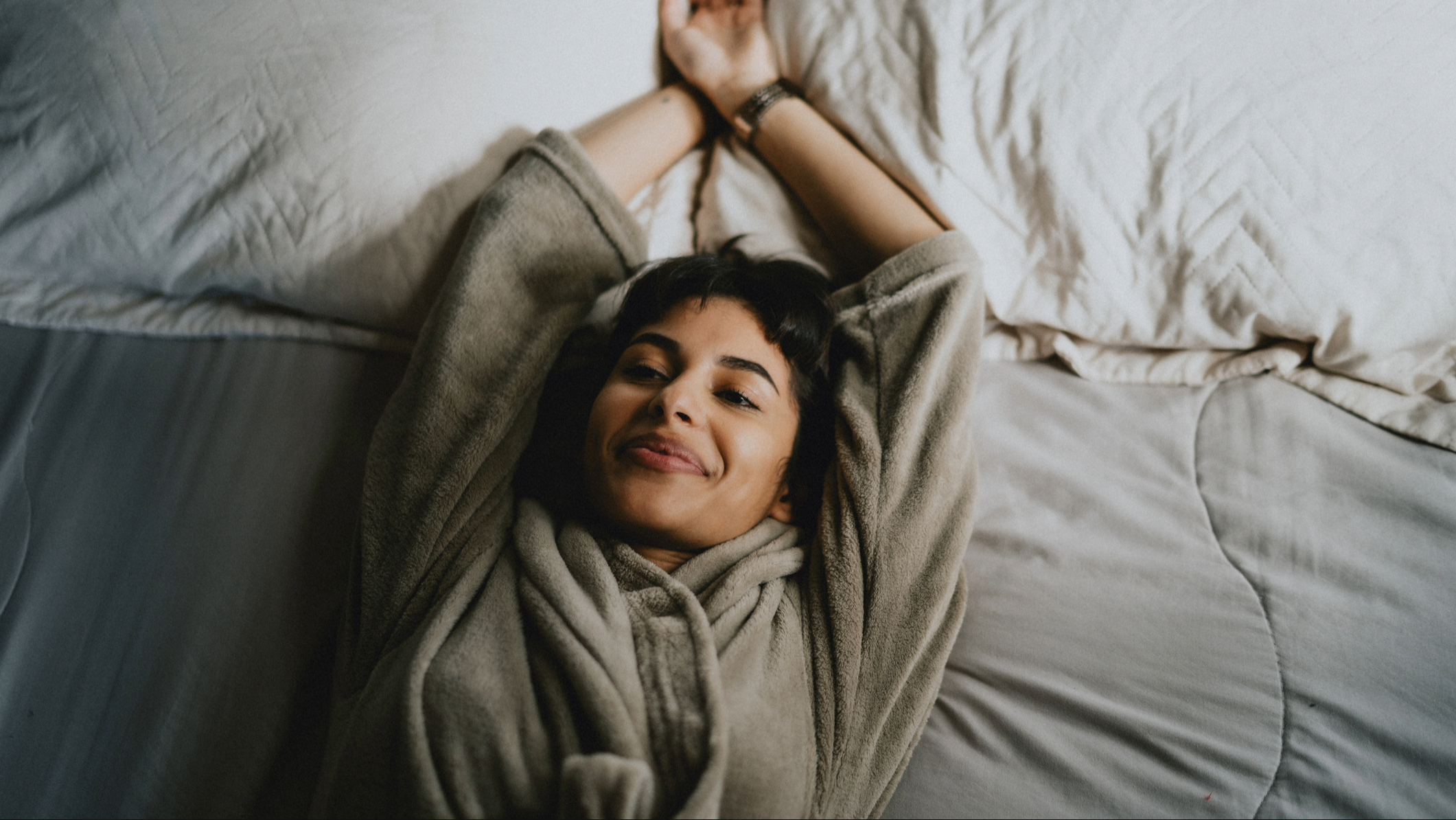
Olivia Arezello is a leading sleep expert and author who uses her 15 years of experience and qualifications (including in health science and sleep psychology) to share simple, actionable tips for better sleep on Instagram — including a series of videos where she shares three steps of a bedtime routine that she swears by.
Along with choosing the best mattress for your needs and practising good sleep hygiene, a good bedtime routine is one of the most important factors in promoting good sleep.
Here, we’re taking a closer look at the pre-bed steps Arezello shares and exploring the benefits she discusses, as well as giving you the definitive 'don'ts' for your night time routine.
Olivia Arezello’s 3-step bedtime routine for deep sleep
1. Reduce light an hour before bed
The first, non-negotiable, step of your bedtime routine, according to Arezello, is to reduce light in the hour before bedtime.
Light is the primary factor that controls our circadian rhythm, which regulates our cycles of sleep and being awake, she says. It also affects melatonin levels (with excess light hindering melatonin production), which is the hormone responsible for making us feel sleepy.
Lower light levels will help tell the body that it’s time to wind down and prepare for sleep. To do this, Arezello suggests:
- Reducing light from ambient lights
- Turning off TVs
- Not using laptops
- Not using phones
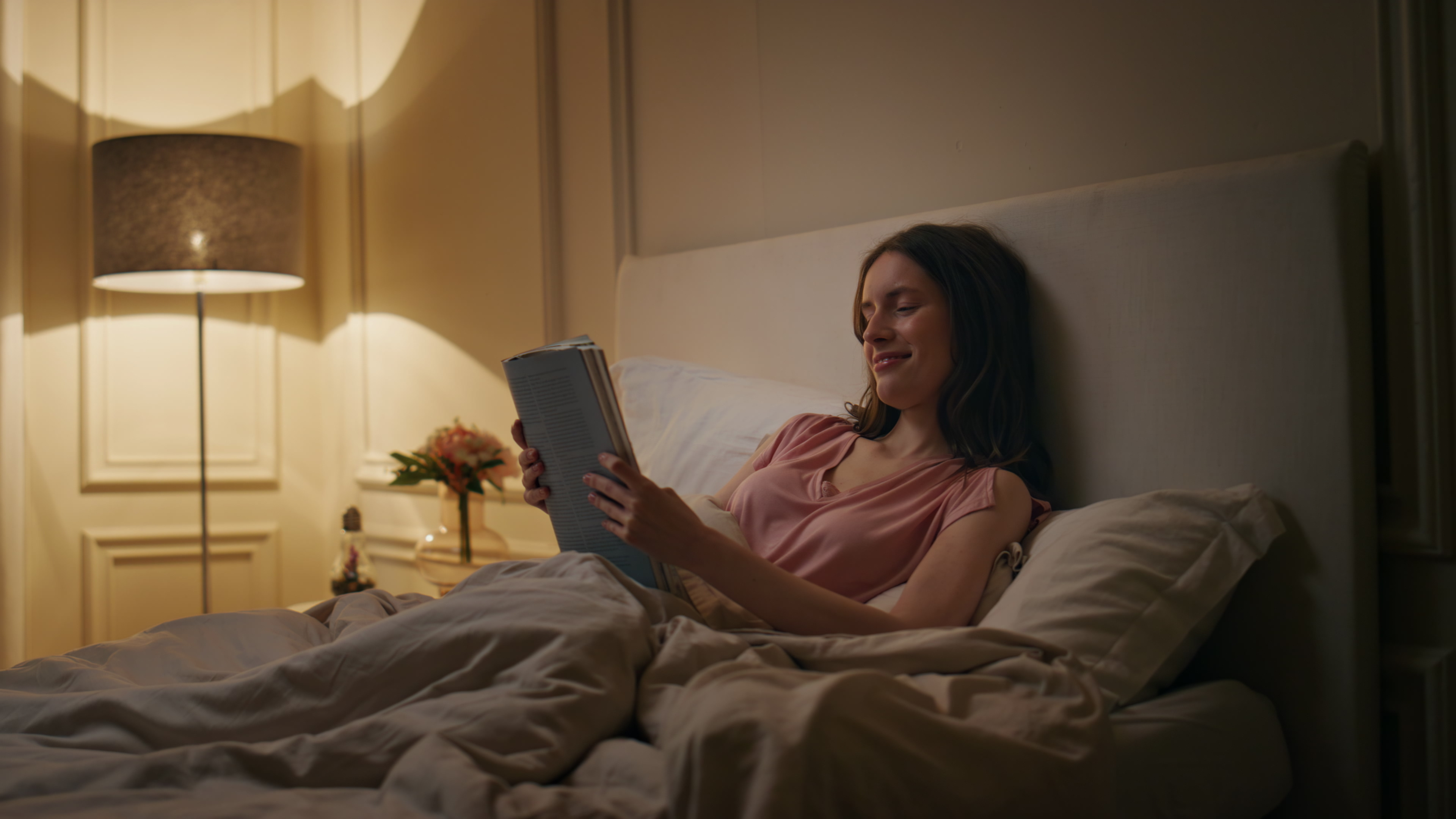
2. Have a shower
When we’re ready to go to sleep, our core body temperature drops and this acts as a cue for melatonin production.
Sign up to get the BEST of Tom's Guide direct to your inbox.
Get instant access to breaking news, the hottest reviews, great deals and helpful tips.
Arezello says that a way to kickstart this process and optimize melatonin production is by having a shower.
Moving from a warm shower or bath to a cooler bathroom or bedroom will lower your core body temperature, she explains. This increases the synthesis of melatonin, which in turn will help you feel sleepy, fall asleep faster, and stay asleep. To maximize the positive effects of your pre-bed shower, Arezello says you should take it around 60 minutes before going to sleep.
3. Have 30 tech-free minutes
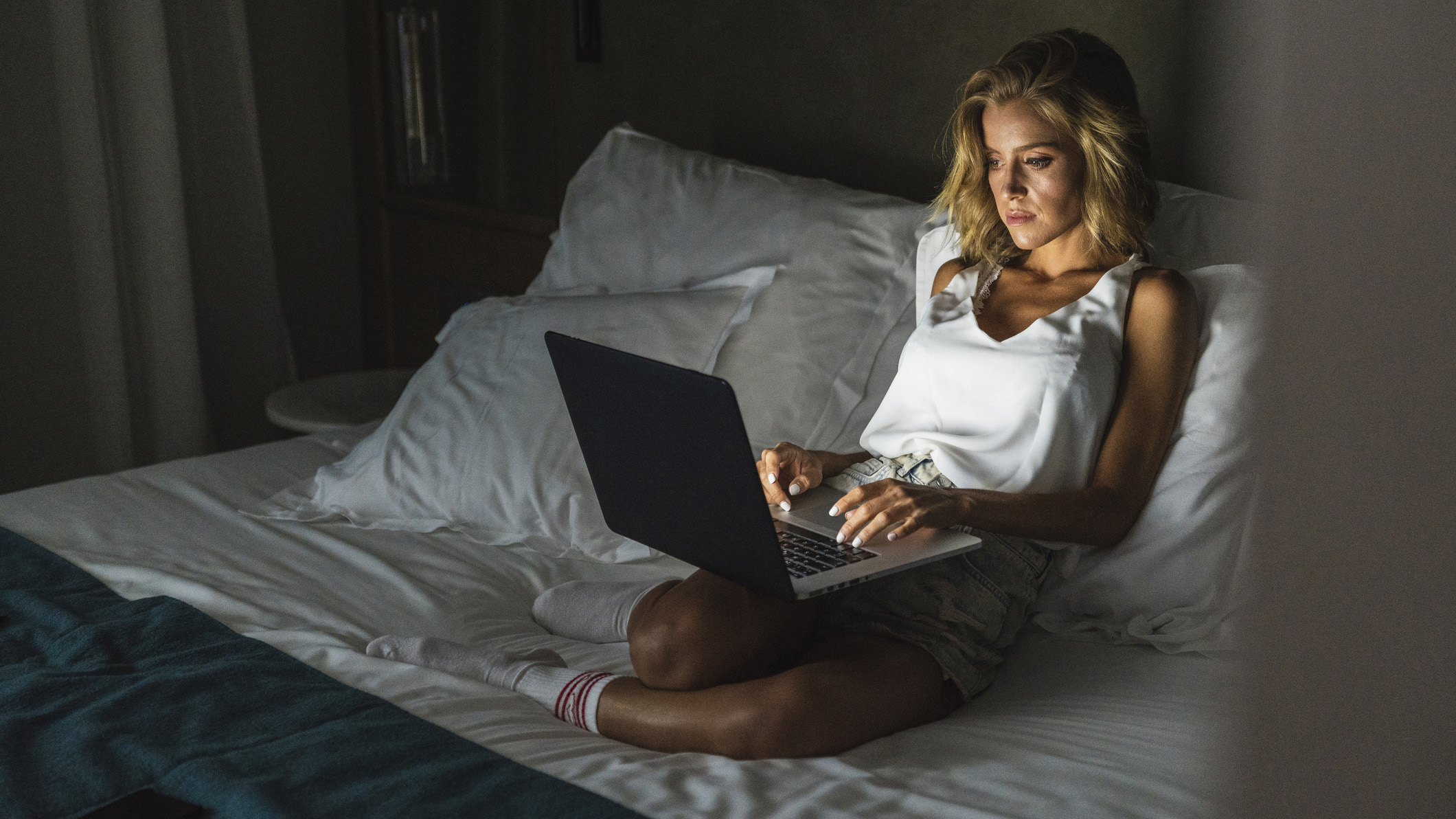
Putting your phone down before bed might feel hard, but spending 30 minutes tech-free ahead of sleep is another of Arezello’s non-negotiable steps. It's sage advice, considering a 2011 Sleep Foundation poll of Americans found that using devices the hour before bed s "significantly related" to having problems getting to sleep.
Arezello suggests reading as a great way to prepare for bed, and it's a research backed tip. A 2009 study from the University of Sussex showed reading could reduce stress by 68% and these calming effects can start after just 6 minutes of page-turning.
Similarly, she advises meditating and listening to calming music. Studies have shown that music and meditation can help our brains move from highly active alpha and beta to slow theta waves, while meditation is able to create theta waves. This means our brains are in a more relaxed state, allowing us to transition into deeper sleep.
The one thing you need for deep sleep
While these three steps can perfect your bedtime routine, helping you fall asleep faster and have a great sleep, Arezello says there is another "fundamental" for ensuring a deep sleep, and that’s a quality mattress.
Having a quality mattress is an absolute must to ensure your spine and neck are aligned and you are reducing pressure points, according to Arezello. In fact, she cites a 2006 study that has shown that if you have lower back pain, you can experience a 55% improvement in sleep quality just by changing your mattress.
So, if you find yourself sleeping better away from your home or you’re waking up with aches and pains, it might be time to invest in a new mattress. To help get the best value for your money, take a look at our guide to this month’s best mattress sales.
A post shared by World Leading Sleep Expert (@oliviaarezzolo)
A photo posted by on
3 nighttime routine mistakes to avoid
If you want a great night's sleep, there are a few specific habits you should try and avoid. We'll briefly look into them here, but if you want a more detailed explanation, take a look at our complete guide to the 3 nighttime routine mistakes that stop you from falling asleep fast.
Your bedroom isn't prepared for sleep
Claire Davies, Certified Sleep Coach and Sleep Editor for Tom's Guide, advises that your bedroom should have a 'mini-wind down routine', too. This is especially important if you use your bedroom for work, exercise, or anything aside from sleeping.
Avoid leaving your room cluttered, unorganized, and dirty, as this creates an environment that it's difficult to unwind and fully relax in. Remember, keep your bedroom cool, dark, quiet, and clean.
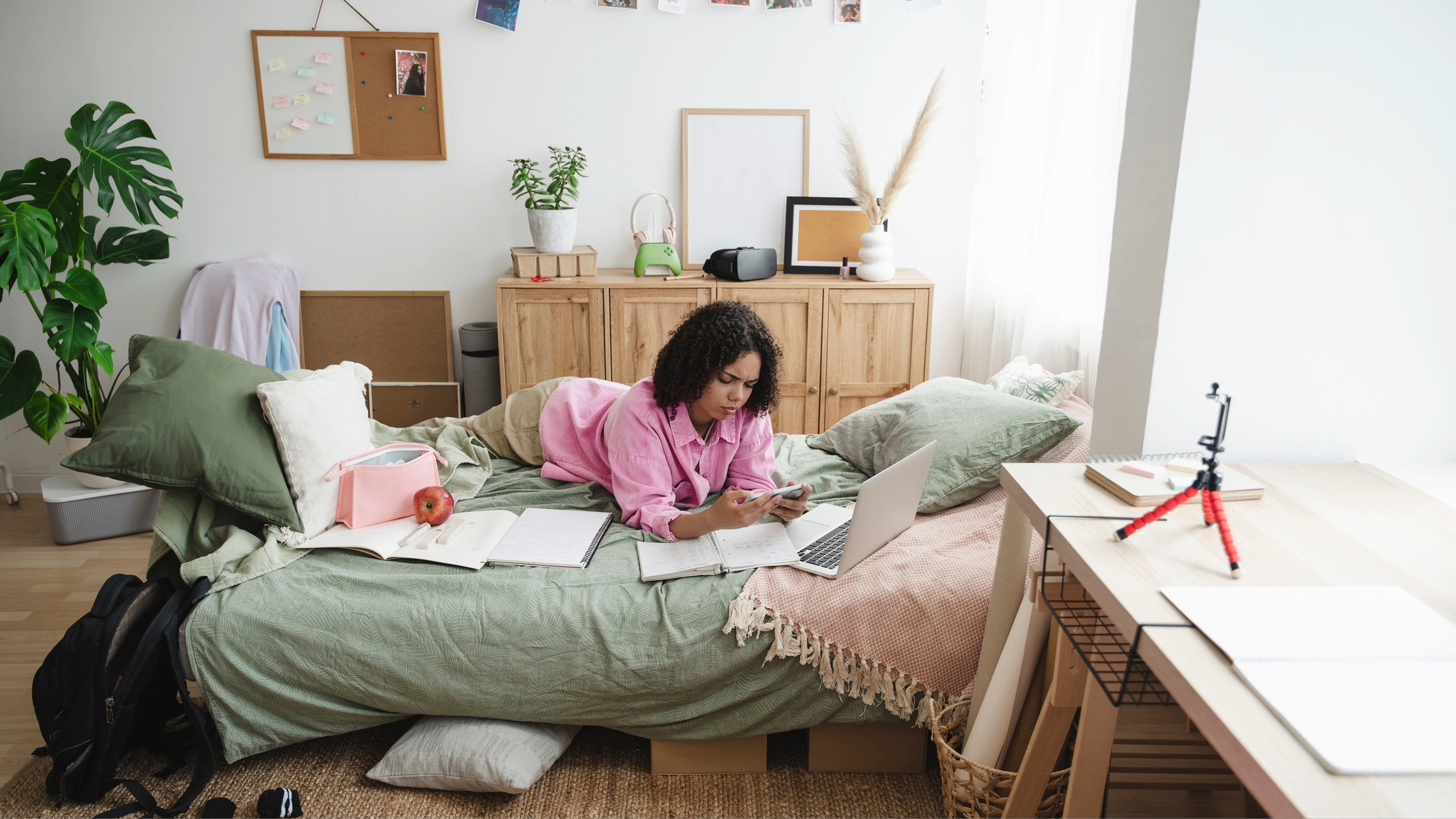
You get ready for bed when you're already sleepy
If you wait until you're dropping off on the sofa to lock the doors, close the curtains, brush your teeth, and get into bed, you're inevitably going to wake yourself up again.
Ideally, try and get all of those 'bedtime tasks' completed at the very start of your nighttime routine, so when you feel yourself getting drowsy, you can simply drift off into blissful sleep.
You don't process your day until you're in bed
For some people, the 30 minutes they get lying in bed before they sleep is the only downtime they have to process their day and mentally prepare for the next.
However, these stimulating thoughts can keep your brain active, making it more difficult to transition into deep sleep. Try to set some time aside, even just 10 minutes, to note down all of your thoughts ahead of getting into bed, so you can go slip under the duvet with a quiet mind.
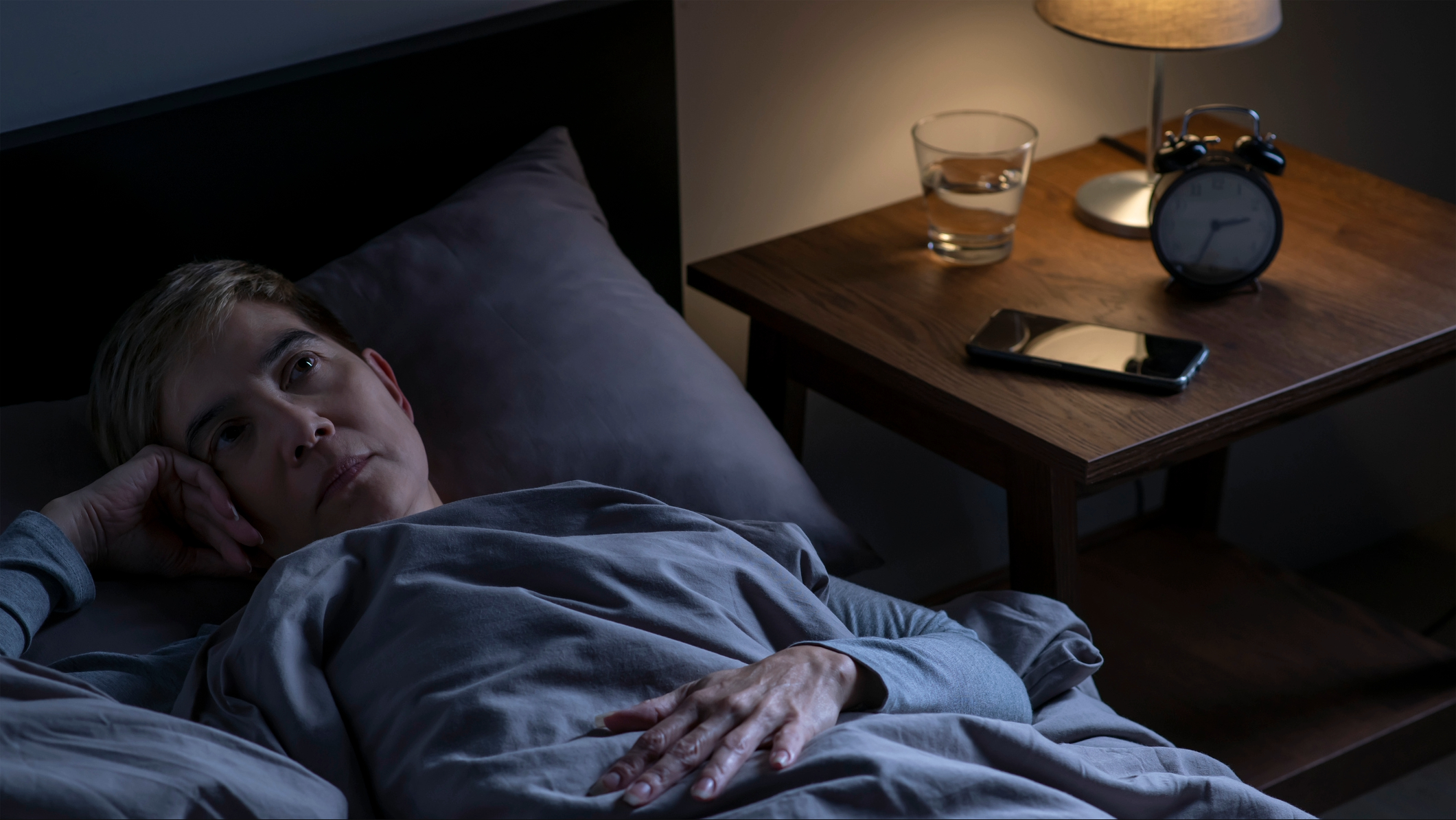

Lauren is an experienced writer and editor in the health and lifestyle industry and has led many campaigns and projects that deliver news, advice, and research on all things sleep. As the Sleep Features Editor for Tom’s Guide, Lauren writes, commissions and edits sleep and mattress content, from in-depth how-tos in sleep and mattress health to interviews with doctors and neuroscientists on the latest news in sleep. Lauren regularly tests new sleep tech and accessories to evaluate their effectiveness for getting good quality sleep and easing specific sleep struggles like nighttime anxiety. Alongside this, Lauren reports on the best mattress brands out there, like Helix, Saatva, and DreamCloud, helping readers find the right mattress for them and the best deals on them.
